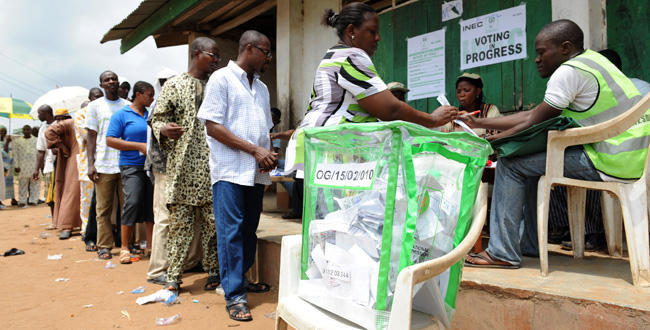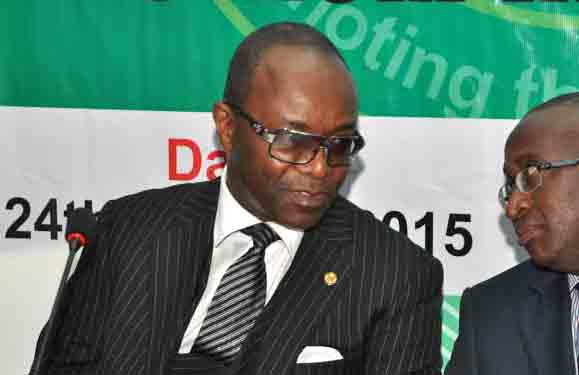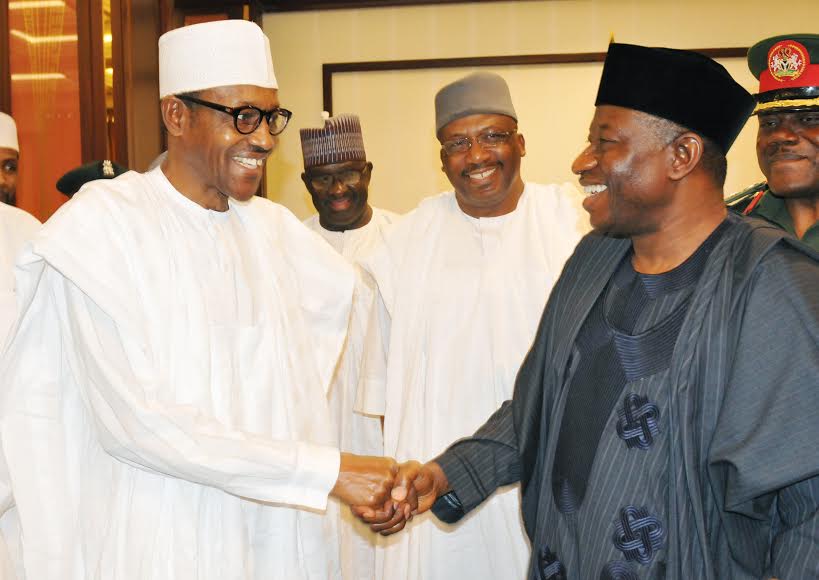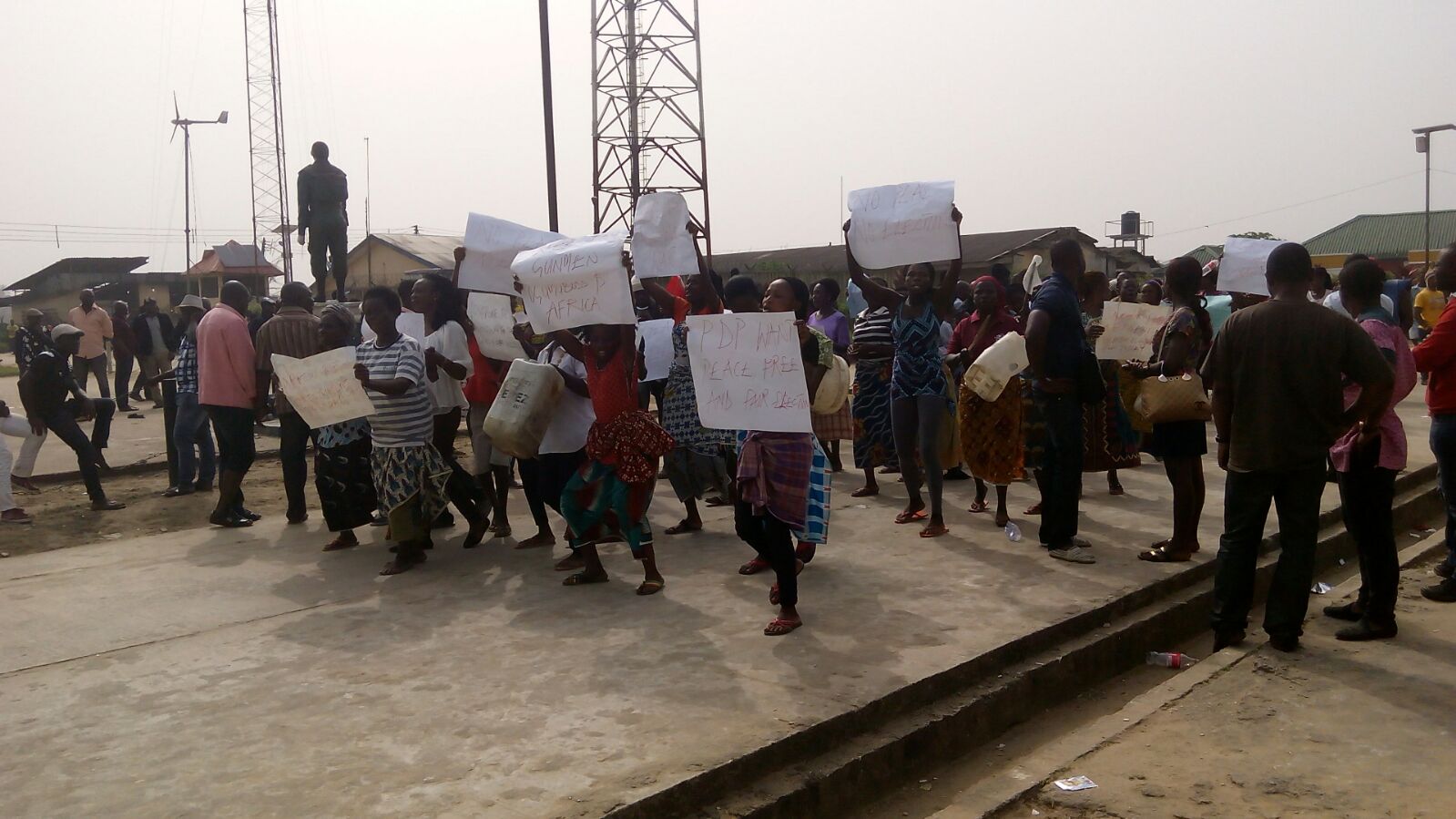Crude oil prices crashed to $37.89 – the lowest since 2004 – as the Organisation of Petroleum Exporting Countries (OPEC), holds its 168th ordinary meeting in Vienna on Friday.
According to OPEC secretariat calculations mailed to TheCable, “the price of OPEC basket of twelve crudes stood at 37.89 dollars a barrel on Thursday, compared with $38.46 the previous day”.
The last time OPEC basket price stood at less than $38 on the average was in April 2004, when it traded at $36.70 per barrel.
Oil prices initially hit a 6-year-low on November 18, when it sold for $38.04, but rose to $38.52 the following day, only for the six-year-low to be further stretched before Nigeria’s minister of state for petroleum, Ibe Kachikwu, addressed the organisation.
Advertisement
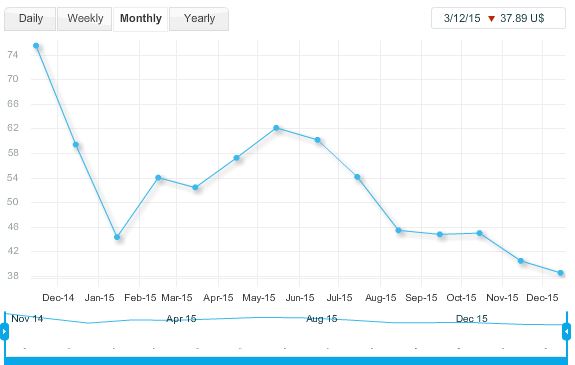
In his opening remarks, Kachikwu welcomed Indonesia’s oil minister, who was in attendance for the first time since the country renewed its membership.
Kachikwu added that the organisation’s deliberations would be based on enhancing market stability in the global oil sector, while keeping climate change in mind.
Kachikwu’s opening address to the 168th meeting of the OPEC conference:
Advertisement
Excellencies, ladies and gentlemen,
It is my pleasure this morning to welcome you all to Vienna for the 168th Meeting of the OPEC Conference. I am honoured to represent Nigeria as its Head of Delegation and to serve OPEC as President of the Conference.
Allow me to take this opportunity on behalf of the Heads of Delegation and the OPEC Secretariat to welcome His Excellency Eulogio Del Pino, the new People’s Minister of Petroleum and Mining of Venezuela, His Excellency Carlos Pareja Yannuzzelli, the new Minister of Hydrocarbons of Ecuador, and His Excellency Anas Khaled Al-Saleh, Kuwait’s Deputy Prime Minister and the country’s new Acting Minister of Oil, all of whom are attending the Conference for the first time as Heads of their countries’ Delegations.
I would also like to extend our sincere appreciation to their predecessors in office for the valuable contributions they have made to the work of this Organization. They are: His Excellency Eng. Pedro Merizalde-Pavón of Ecuador, His Excellency Dr. Ali Saleh Al-Omair of Kuwait and His Excellency Asdrúbal Chavez of Venezuela. We wish them every success in the future.
Advertisement
It is also my privilege to welcome His Excellency Sudirman Said, the Minister of Energy and Mineral Resources of Indonesia, who is here representing his country as it re-activates its OPEC membership today after a seven-year suspension. We welcome you back, Your Excellency, and look forward to fruitful collaboration in the future.
Excellencies, ladies and gentlemen,
In the six months since the Conference last convened here in Vienna, we have witnessed continued volatility in the global oil market.
Prices have continued to drop with the OPEC Reference Basket decreasing from a monthly average of around $60 per barrel in June to just over $41 per barrel in November.
Advertisement
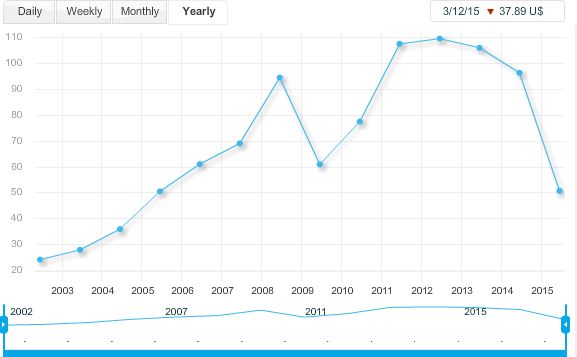
This decline reflects the continued oversupply in the market with crude and product storage at record highs.
Advertisement
There is no doubt that our industry is in the midst of another challenging cycle.
OPEC has been monitoring this situation very closely, and these issues will be the focus of our discussions here today as we consider the developments of the past six months and the outlook for next year.
Advertisement
Taking a look at the economy, global economic growth in 2015 is set to be 3.1 per cent. This is slightly lower than that forecast at the last meeting of the Conference in June this year, mainly due to a deceleration in some emerging and developing countries. Next year looks brighter, with global growth forecast to be 3.4%.
World oil demand in 2015 will grow by 1.5 million barrels per day, up from 1 million barrels per day in 2014. Next year, we foresee growth of 1.3 million barrels per day to average 94.1 million barrels per day, with most of this growth coming from non-OECD countries.
Advertisement
As far as supply is concerned, non-OPEC countries will continue to see significantly reduced production growth as compared to past years. In fact, in 2016, we anticipate a contraction in non-OPEC oil supply.
This downward trend stems mainly from the impact of investment cutbacks and the drop in US tight oil output, which has been declining since May of this year. This is clearly illustrated by the drop in the number of newly drilled wells and the reduction by half of active drilling wells.
These developments indicate the onset of a more balanced market in 2016, with demand for OPEC crude expected to rise by 1.2 million barrels per day to average 30.8 million barrels per day for the year.
A balanced and stable market will be of crucial importance in the years ahead to ensure continued investment in the industry as it gears up to meet the world’s burgeoning energy needs.
Excellencies, ladies and gentlemen,
Our deliberations here today will, as always, be centered on how to enhance market stability, which benefits all stakeholders and contributes to global economic growth. This can be achieved only through the concerted effort of all stakeholders, who each do their part.
Dialogue and collaboration with consumers, non-OPEC producers, oil companies and investors are essential in reaching our common goal of a more orderly oil market.
In 2015, we have seen positive examples of this, including two technical meetings between OPEC and Non-OPEC countries and the Asian Ministerial Energy Roundtable held in Qatar in November. OPEC has also held bilateral dialogues with Russia and China this year, and later this month the OPEC-India Energy Dialogue will have its first meeting.
OPEC also remains committed to do its part in protecting the environment and supporting sustainable development.
In fact, as I speak, OPEC and its Member Countries are taking part in the climate change negotiations in Paris. Our goal at these meetings is the full, effective and sustained implementation of the United Nations Framework Convention on Climate Change.
This, however, can only be attained through comprehensive, transparent, inclusive and country-driven negotiations that account for the interests of all Parties involved.
Excellencies, ladies and gentlemen,
This industry is one that lives in cycles. It has seen hard days on many occasions in the past, and each time, it has shown great resilience.
With this in mind, we are confident that through collaboration, innovative thinking and determination, our challenges of today can be transformed into opportunities for tomorrow.
Thank you for your attention.
Add a comment


